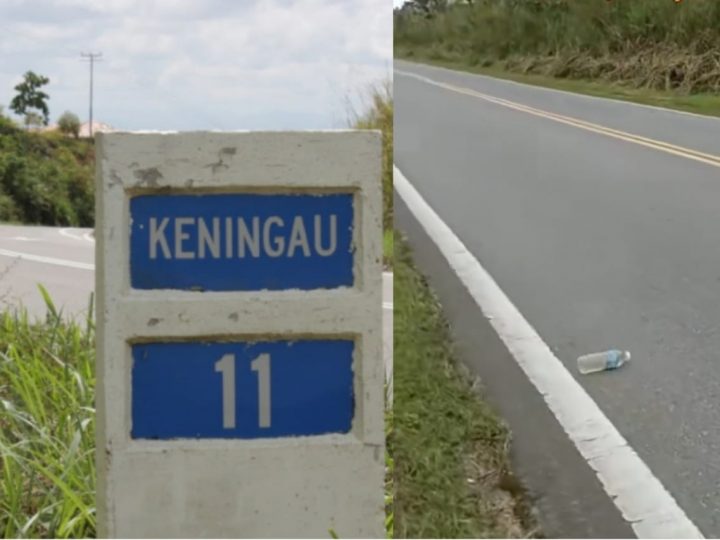Singapore Now Employs Saliva Tests To Detect Drug Users At Roadblocks & Border Checkpoints
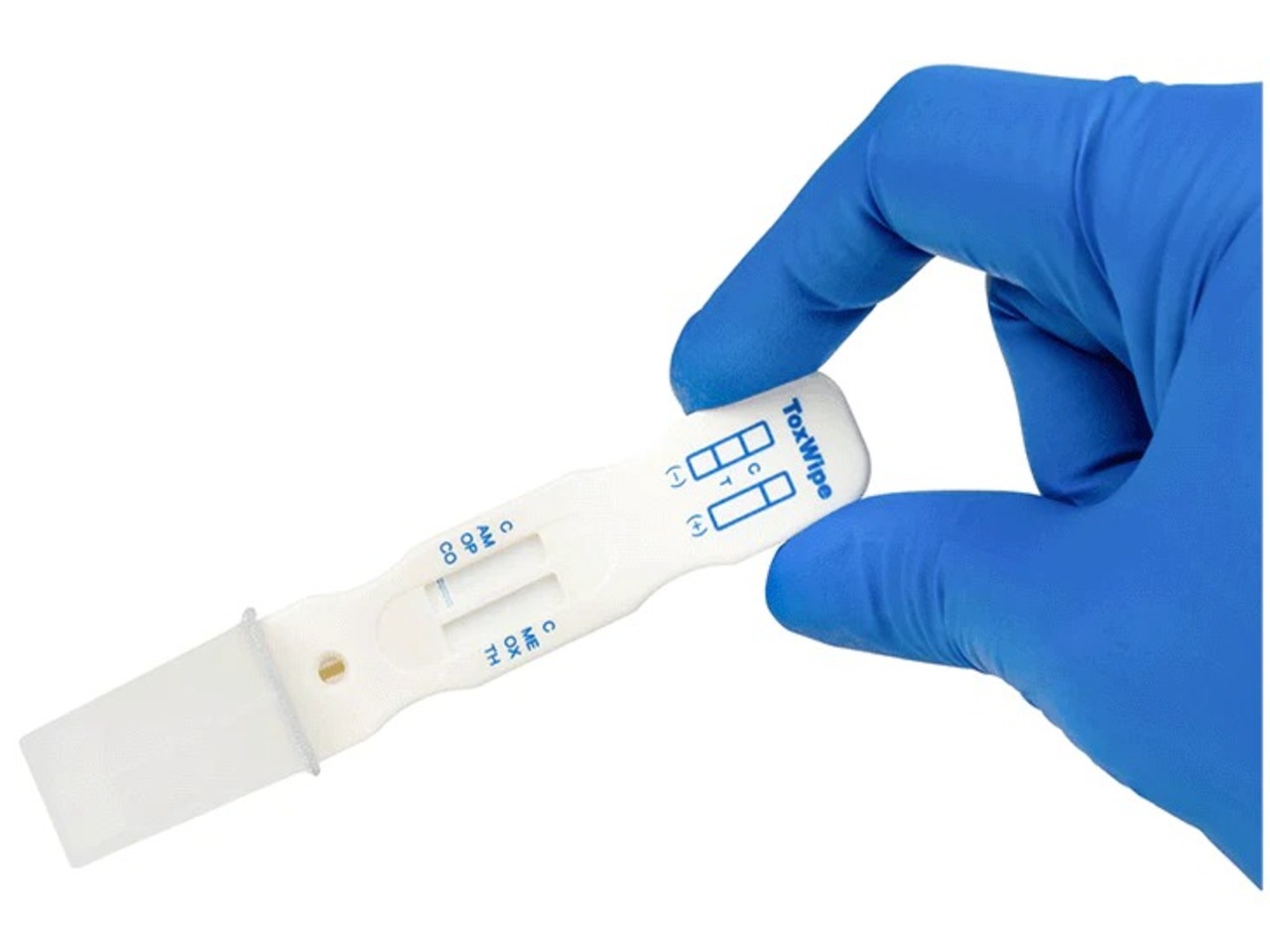 Thirsty for JUICE content? Quench your cravings on our Instagram, TikTok and WhatsApp
Thirsty for JUICE content? Quench your cravings on our Instagram, TikTok and WhatsApp
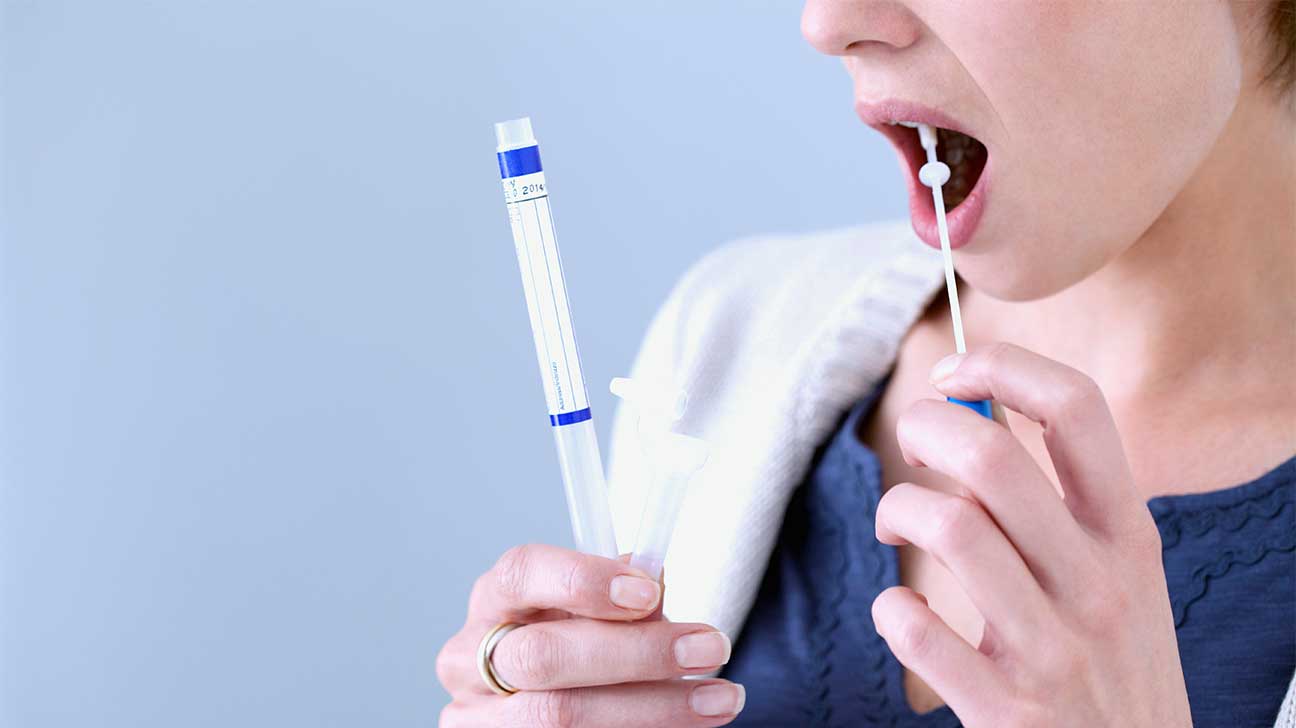
According to Minister of State for Home Affairs Muhammad Faishal Ibrahim, saliva tests are being utilised at border crossings and roadblock ops in Singapore to identify drug users. As per Faishal, this is occurring at a time when drug usage globally is on the upswing.
Just last year, Thailand became the first Asian nation to legalise cannabis.
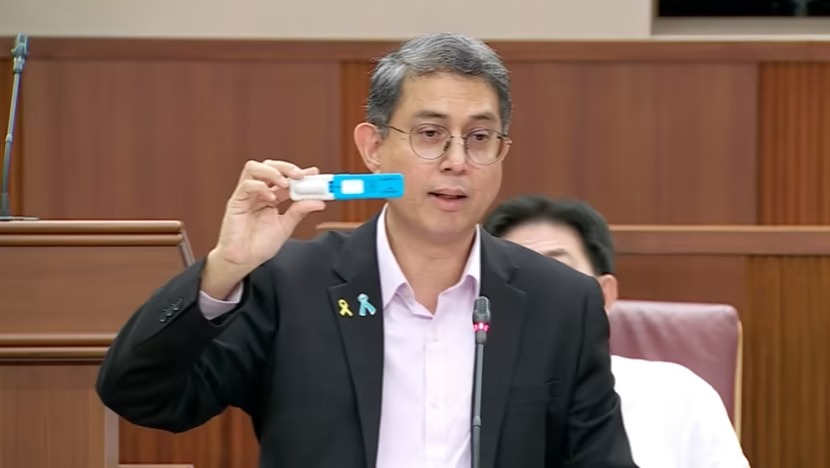
He mentioned that the Central Narcotics Bureau (CNB) started utilising saliva test kits at checkpoints in January of this year to discourage Singaporeans as well as permanent residents from consuming drugs outside of Singapore during his commentary on terrorist activity, illegal substances, and rehabilitative services at the Committee of Supply discussions.
The kits have also been employed in inland enforcement efforts, and are capable of detecting a wide range of substances, including cocaine, methamphetamine, and cannabis.
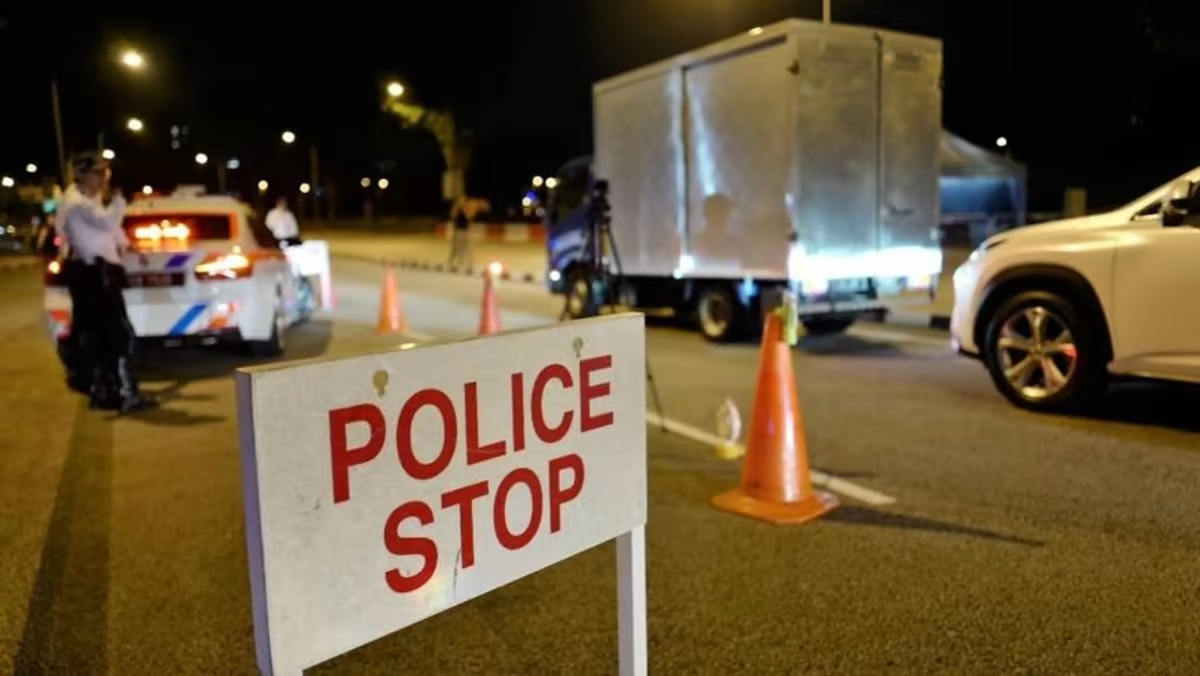
CNB and the Singaporean police force confirmed that testing had commenced at combined roadblock operations this month to identify drug users with the use of saliva test kits.
Assoc Prof Faishal responded to Mr. Gan’s subsequent inquiry for more details regarding the saliva test kits by stating that they can also identify drug metabolites, which are produced when a drug is metabolised by the body into another substance.
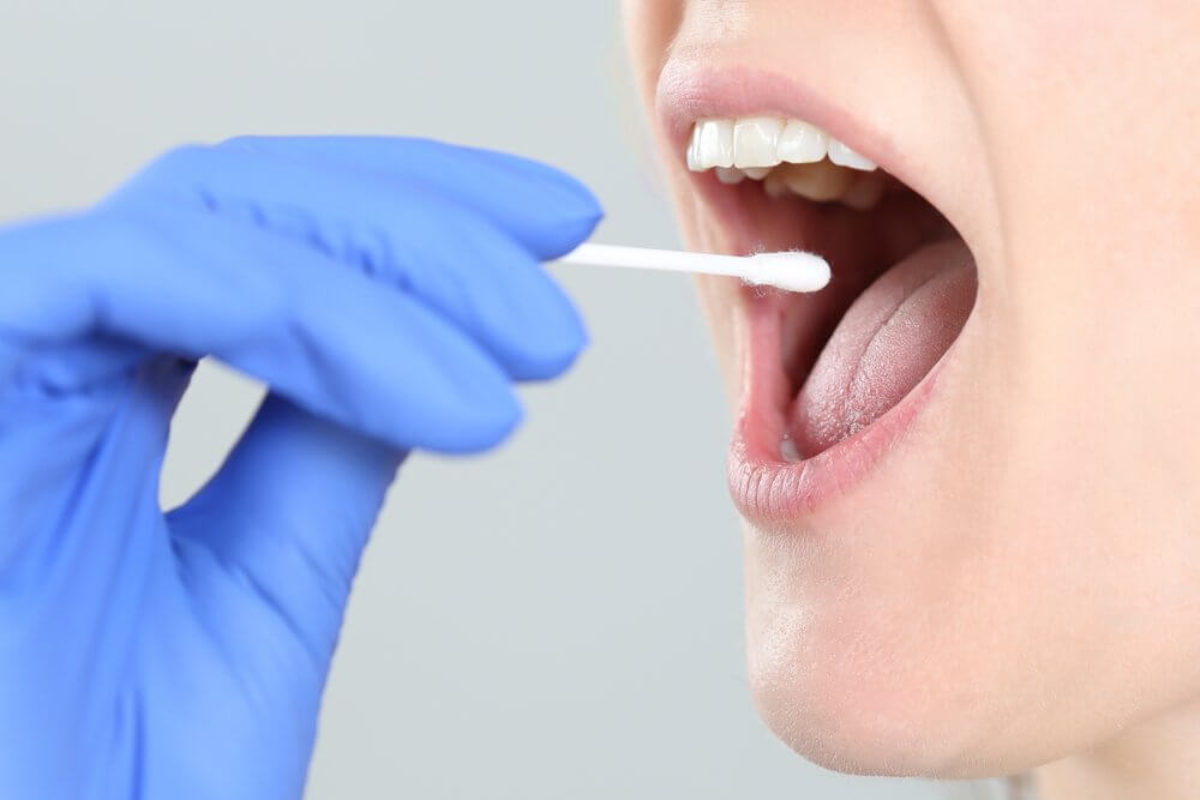
The average saliva test takes ten minutes, and those who test positive are entitled to additional investigations.
He added that the saliva test kits are similar to COVID-19 test kits in that red lines would emerge if specific substances are detected. Police will swab a suspected drug user’s tongue and get results “in about eight to 10 minutes.”
“We will, however, conduct a second check. We will bring someone back for additional testing if we discover they test positive,” he confirmed,
Additional testing for drug use may also be done via various techniques including hair or urine samples. Individuals who ultimately test positive will be subject to legal action under the Singaporean law.


 Get Audio+
Get Audio+ Hot FM
Hot FM Kool 101
Kool 101 Eight FM
Eight FM Fly FM
Fly FM Molek FM
Molek FM
